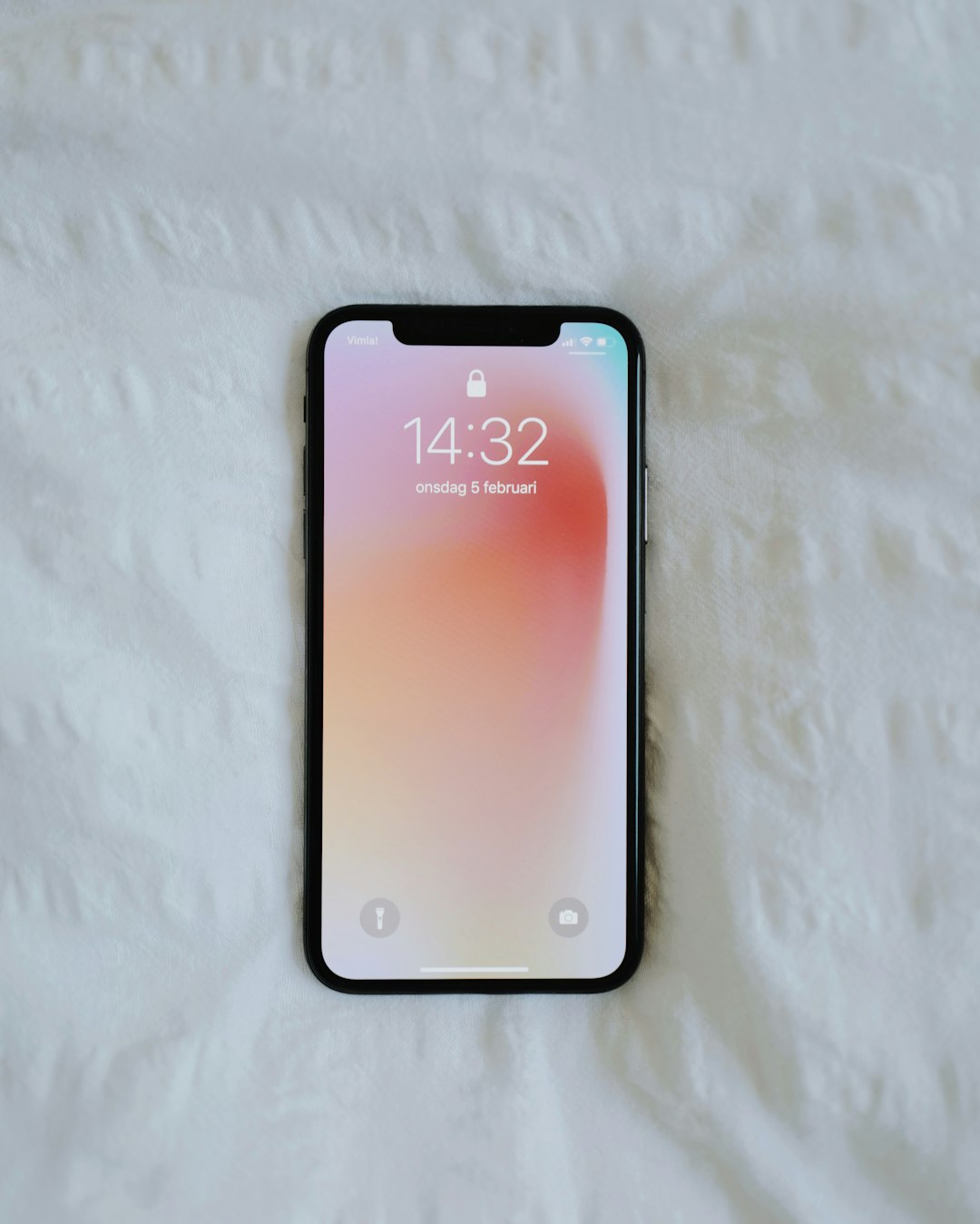Robocalls are a common nuisance in Illinois, but state law offers robust protection against automated calls from debt collectors, insurance salespeople, and political campaigns. To sue for robocalls in Illinois, gather evidence, document incidents, review telemarketing regulations, assess harm, and consult a consumer protection lawyer. Future trends include advanced data analytics, expanded legal avenues, and stricter compliance measures to combat intrusive automated calls.
In today’s digital era, robocalls have become a pervasive nuisance, with millions of Americans facing unwanted calls daily. Illinois has taken significant steps to protect consumers through strict consumer protection laws. However, as robocallers adapt, so must the legal frameworks. This article explores Illinois’ strategies to combat robocalls, delving into legal protections and when you can sue for robocalls. We provide a step-by-step guide on evidence collection and preview future trends enhancing consumer protection measures in the state. Understanding your rights is crucial, especially when considering if you can sue for robocalls in Illinois.
Understanding Robocalls and Consumer Protection Laws in Illinois

Robocalls, automated phone calls that deliver recorded messages, have become a pervasive issue for consumers across the nation, including Illinois. While many robocalls are legitimate marketing efforts, others can be fraudulent or unwanted, such as debt collectors, insurance salesmen, or political campaigns. In response to this growing concern, consumer protection laws in Illinois aim to safeguard residents from unfair and deceptive practices.
In terms of legal recourse for individuals facing relentless robocalls, the answer may lie in suing for damages. According to Illinois law, consumers have the right to take legal action against companies that violate the state’s Consumer Protection Act, which includes restrictions on automated phone calls. If you’ve experienced harassing or unwanted robocalls, Can I Sue For Robocalls Illinois? Indeed, understanding your rights and exploring legal options is a crucial step in mitigating the nuisance of these automated calls.
Legal Frameworks: Illinois' Approach to Stopping Unwanted Calls

Illinois has established a robust legal framework to address the growing concern of robocalls and protect its residents from unwanted telephone solicitations. The state’s approach focuses on empowering consumers with legal recourse against those engaging in intrusive and fraudulent robocall activities. According to Illinois law, individuals have the right to seek legal action if they receive automated or prerecorded calls without explicit consent.
This includes the option to sue for damages, as Illinois allows victims of robocalls to hold perpetrators accountable. The state’s consumer protection acts provide a clear legal path for residents to take action against companies or individuals using robocall techniques for marketing or fraudulent purposes. By utilizing these legal frameworks, Illinois consumers can fight back against unwanted calls and protect their privacy in the digital age.
When Can You Sue for Robocalls? A Step-by-Step Guide

If you’ve been plagued by unwanted robocalls, you might be wondering if there’s any legal action you can take. In Illinois, the law provides consumers with certain protections against these automated calls, and under specific circumstances, you may have grounds to sue for robocalls.
Here’s a step-by-step guide:
1. Identify the Caller: First, try to determine who is making the robocalls. Check your call history and any identifying information provided by your phone company.
2. Document the Calls: Keep a record of each robocall received, including dates, times, and a log of the messages left or options presented. This documentation will be crucial if you decide to take legal action.
3. Review State Laws: Illinois has specific regulations regarding telemarketing practices. The Illinois Consumer Fraud and Deceptive Business Practices Act prohibits unfair or deceptive acts in commerce, including robocalls made without proper disclosure.
4. Assess Harm: To sue for robocalls, you must have suffered some form of harm. This could include distress, invasion of privacy, or financial loss due to the calls.
5. Consult a Lawyer: If you believe your rights have been violated and you’ve suffered tangible harm, consult an attorney specializing in consumer protection law. They can advise you on your legal options and help you build a case against the violator(s).
Evidence and Documentation: Proving Your Case Against Robocallers

When dealing with robocallers, evidence and documentation are key to proving your case in Illinois. Collect all relevant information, such as call records, screenshots of suspicious numbers, and any messages or scripts that suggest automated dialing. Save and organize this data, as it can be crucial in identifying the source and pattern of robocalls.
If you’ve been a victim of persistent or deceptive robocalls, don’t hesitate to reach out to local consumer protection agencies or consult with legal professionals specializing in telecommunications law. They can guide you on the legal options available, including the possibility of suing for damages under Illinois’ consumer protection laws.
Future Trends: Enhancing Consumer Protection Measures in Illinois

In the ever-evolving digital landscape, consumer protection against robocalls is a constant frontier. Future trends in Illinois indicate a stronger emphasis on empowering citizens to take action against unwanted automated calls. With advancements in technology, authorities aim to refine existing laws and introduce innovative solutions for better enforcement. One promising development is the potential for enhanced data analytics to identify and track robocall patterns, enabling more effective interventions.
Additionally, there might be an expansion of legal avenues for consumers to seek redress, including the possibility of suing for robocalls in Illinois. This shift could encourage service providers and marketers to adopt stricter compliance measures, ensuring greater respect for consumer privacy and preferences. As technology progresses, so too will the tools at the disposal of regulatory bodies and individuals seeking protection from these intrusive calls.






